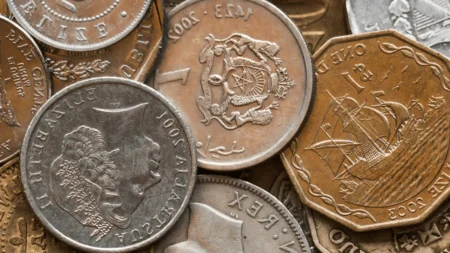All Canadians experience a range of events in their life and need to have the papers to show for it. With an increasing amount of identity theft, it is more crucial than ever to ensure that we safeguard our utility bills and, when the time comes, to dispose of our personal records securely.
While Canadians do not have to safeguard every individual document that comes their way, there are a few exceptions. Let’s dive into all the details of what utility bills should be kept and for how long.
What is a Utility Bill?
A utility bill is a detailed document that is issued and paid monthly. This invoice covers electric, natural gas, water, telephone, internet, cable, and sewage/waste charges. Utility bills for consumers and businesses are typically outlined in a similar format.
However, businesses simply have several more accounts and charges to supervise than residential residents. It is essential to keep track of all bills paid, but as paperwork piles up, you might ask yourself what should stay and what can be tossed.
To help prevent feeling overwhelmed, here is a breakdown of what bills to keep and for how long.
Utility Bills to Keep for 6-7 years
- Contracts with service providers for Internet and mobile phone access
Utility Bills to Keep for 3 years
- Gas and electricity bills after you have left a rental property
- Rental agreement
- Rent receipts
Utility Bills to Keep for 1-3 years
- Telephone bills
- Cable bills
- Internet invoices
- Warranties and guarantees
Utility Bills to Keep for 30 days
- Bills relating to moving house; the claims must be typically issued within 7 to 30 days.
Should I Go Paperless?
Safeguarding paper copies of essential utility bills is a good idea, but nowadays, many companies grant consumers the freedom to store their important documents online.
Luckily now, you do not have to fret about that paper gas bill you misplaced months ago. With the age of technology, there is an onset of apps that can be downloaded straight to your mobile device to allow you to take pictures of your receipts and store them digitally, so now you have the freedom to toss those extra paper records.
This can help you keep an accurate log of all your bills and calculate the total of your monthly utility expenses. You can also set reminders of when to pay your utility bills so that you are never a day late.
Convenience apps can create for businesses and consumers are a multitude. You can finally say goodbye to filing binders and cabinets. Also, going paperless is great for the environment.
If you have not considered going paperless, you might be drowning in receipts, bills, statements, forms, and other important financial documents. There is a better way to go about it.
You can go paperless now and throw some of those non-essential files to declutter your life. It is true that some of those utility bills, as mentioned above, need to be kept for some time, but the others can be shredded and discarded safely.












